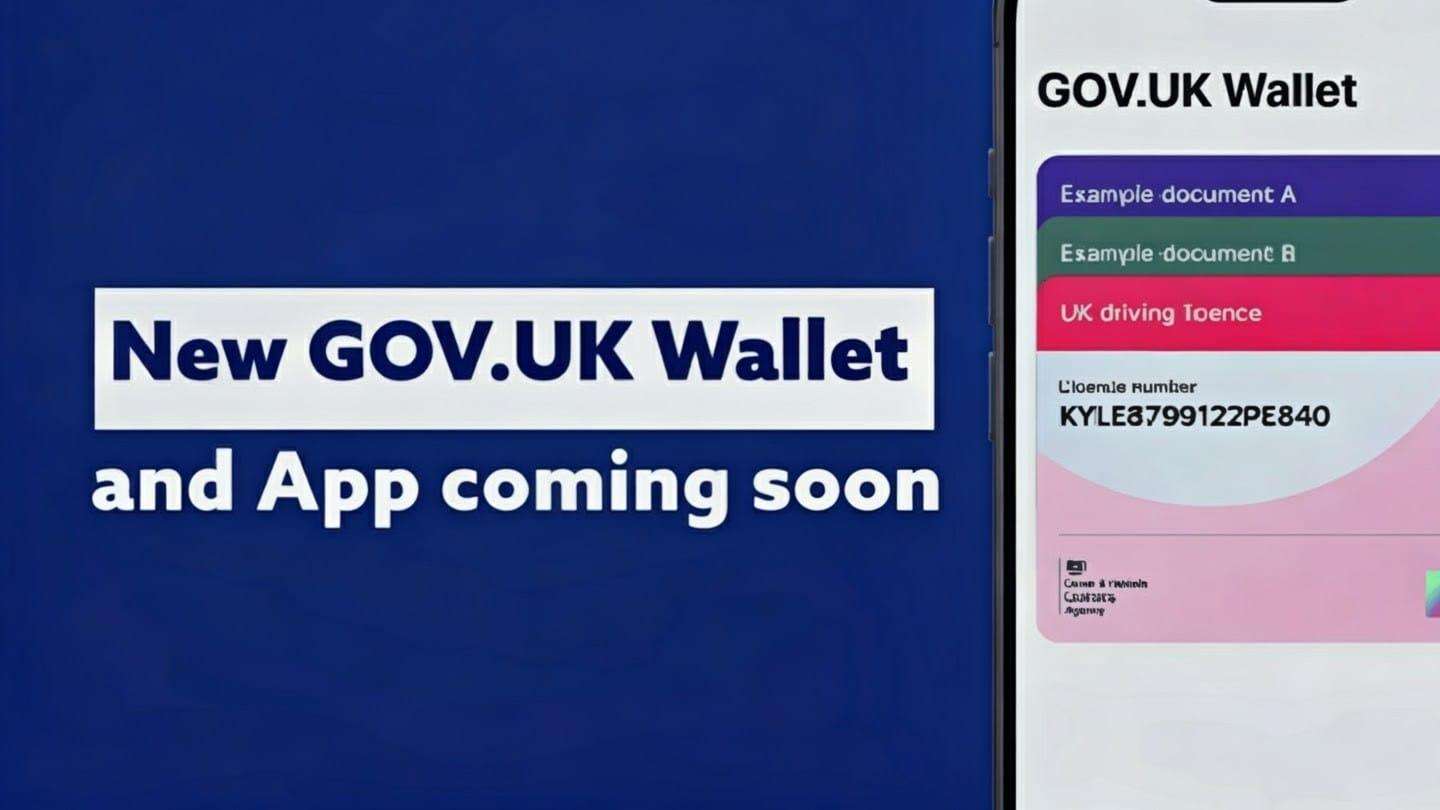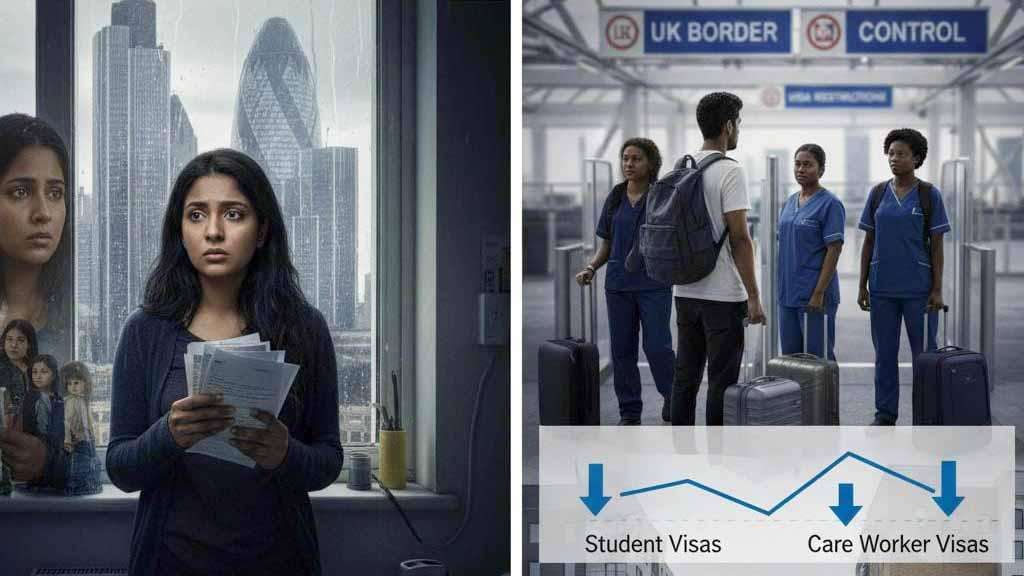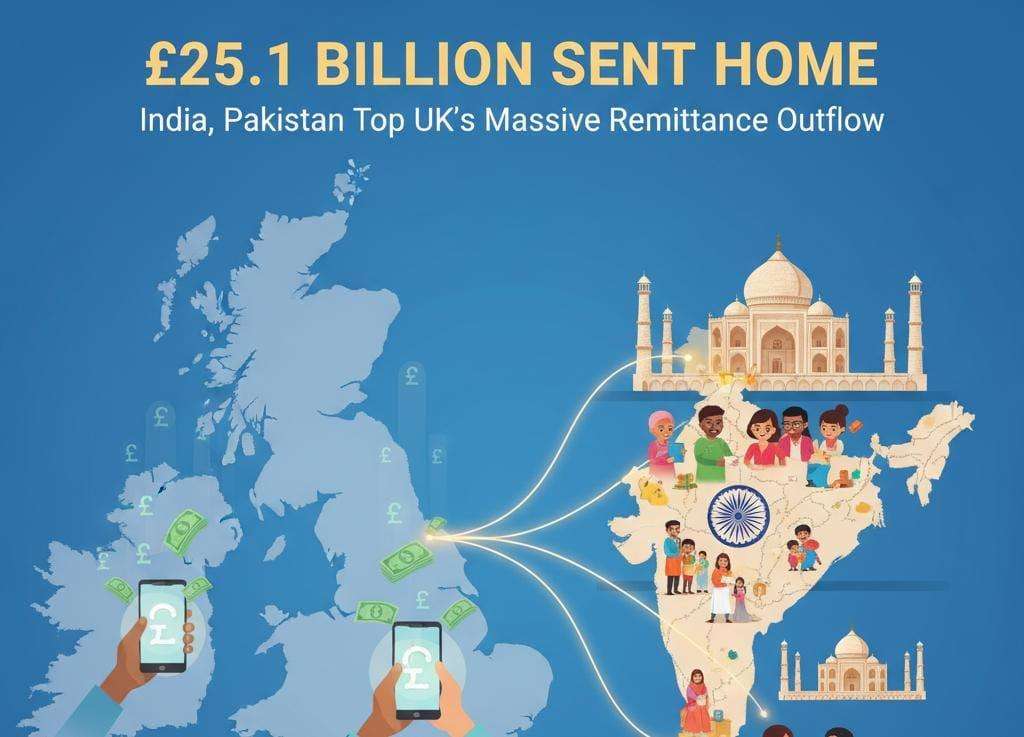Prime Minister Keir Starmer has confirmed a sweeping new plan to introduce a mandatory digital ID for all working adults in the UK by the end of this Parliament (2029). Dubbed the 'Brit Card' by some, the new system is being championed by the government as an essential tool to crack down on illegal working—a key 'pull factor' for unauthorised migration, including small boat crossings—while simultaneously streamlining access to government and commercial services.
The Mechanism to Stop Illegal Working
The digital ID's primary function in immigration enforcement will be through mandatory Right to Work checks.
Employment Gateway: The Prime Minister has stated unequivocally: "You will not be able to work in the United Kingdom if you do not have digital ID." For anyone starting a new job, including UK citizens, the digital ID will be the required means of proving their Right to Work status.
Centralised Verification: Employers, including those in sectors historically associated with a "black economy" like delivery services, will be required to check the digital ID against a central database. This database will instantly confirm if the individual is legally entitled to work and live in the UK, making it significantly harder to use forged documents.
Targeting the Black Market: The government's core argument is that by removing the ability to earn money illegally, they will deter individuals from attempting to enter or overstay in the UK without authorisation. It aims to make it easier to identify and prosecute exploitative employers and landlords who operate "off the books."
Right to Rent: Initial mock-ups and proposals suggest the digital ID would also show whether the holder has the Right to Rent in the UK, extending the enforcement mechanism beyond employment and further diminishing the support network for unauthorised migrants.
Impact on Travel and Stay in the UK for Unauthorised Migrants
For individuals without a legal right to remain in the UK, the digital ID system has profound implications for their ability to live and function:
Immobility in the Black Economy: By making the digital ID mandatory for both work and, potentially, renting property, the government aims to push unauthorised migrants further into the shadows. Their access to the formal economy, and even basic accommodation, would be severely restricted, increasing the difficulty of a long-term, self-sufficient stay in the country.
Enforcement Data: The streamlined digital system will generate intelligence data on businesses performing checks, allowing the Home Office to more effectively target employers and landlords suspected of illegal practices.
Controversy and Concerns: Critics, including civil liberties groups like Big Brother Watch and homelessness charities like Crisis, argue this approach will not stop small boat crossings—which are driven by criminal gangs—but instead will drive vulnerable, unauthorised migrants into more precarious work, unsafe housing, and deeper poverty, without effectively tackling the root causes of their presence. They also point out that compliant employers already have a duty to check Right to Work, and those operating illegally will simply ignore the new rules.
How the Digital ID Will Work
The digital ID is envisioned to be a free-of-charge card stored on a new 'gov.uk wallet' app, similar to Apple or Google Wallets.
Stored Details: The ID will include name, date of birth, photo, nationality, and crucially, residency status. A consultation is ongoing to determine if a fixed address will be included.
Not a 'Carry' Card: While people are not legally required to carry or produce it on demand from the police or general authorities (unlike in many European countries), it will be mandatory for specific checks like employment.
Digital Convenience: It will be usable for any service requiring an identity check, from buying age-restricted goods to applying for government services like driving licences and welfare.
Non-Digital Provision: Recognising groups like older people, the homeless, or those with disabilities, the government has promised a free physical card option for anyone who cannot, or chooses not to, use the digital version on a smartphone.
Security: The government insists the system will use "state-of-the-art" encryption, with the ability to instantly revoke and reissue credentials if a phone is lost or stolen, claiming it offers better security than physical documents.
Political Boost for Keir Starmer?
The announcement is widely seen as a major political move by Sir Keir Starmer, especially ahead of the upcoming Labour Party Annual Conference and in the context of the growing political threat from the right, particularly Reform UK.
Taking a Firm Line on Migration: By announcing a tough, tangible policy aimed at reducing illegal migration, Starmer is directly addressing a key concern for a significant portion of the electorate. This is an attempt to neutralise a core attack line from the opposition and demonstrate a clear, pragmatic stance on border control.
Modernisation Narrative: The policy is framed not just as a border security measure but also as a step towards modernising public services, echoing a pro-technology, forward-thinking approach that appeals to a broader demographic.
Broad Public Support: Early polling, such as a December survey by More in Common, indicates that the public is broadly supportive of a universal digital identification system, giving Starmer a mandate for the policy despite civil liberties concerns.
Contrasting Opinions: While proponents, including think tanks like the Tony Blair Institute, call it one of the most important steps toward making citizens' lives easier, critics within the Conservative and Liberal Democrat parties have dismissed it as a "gimmick" or a dangerous erosion of civil liberties that will fail to achieve its primary immigration goal. However, the move places Labour in a confident, proactive position on an issue they have historically struggled with.








.svg)


